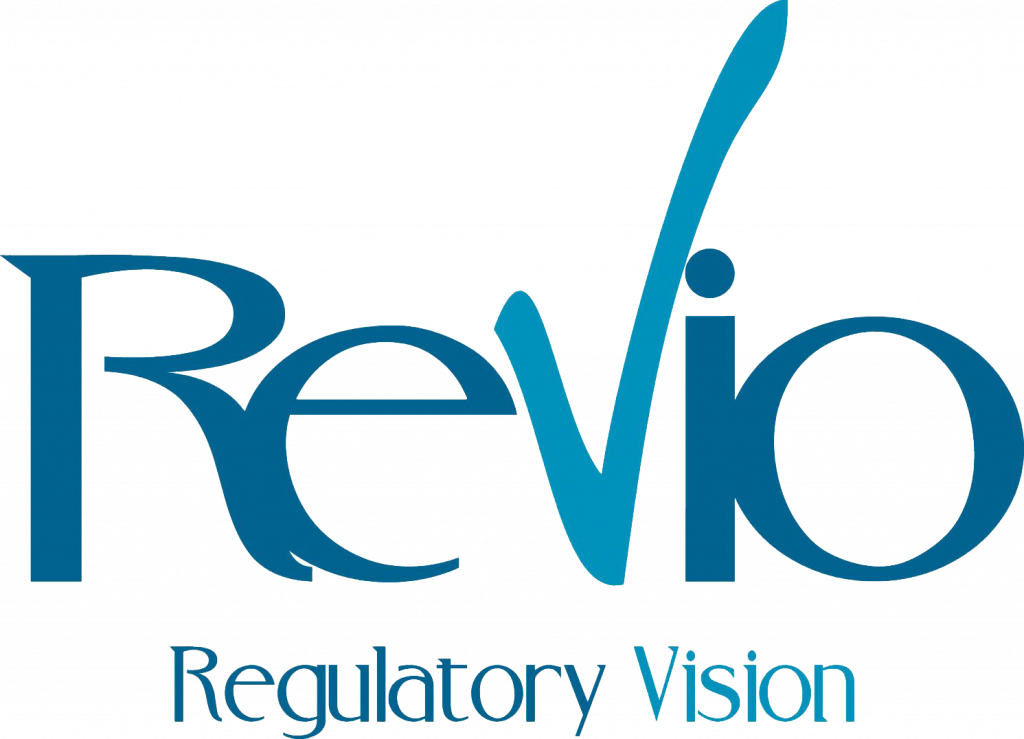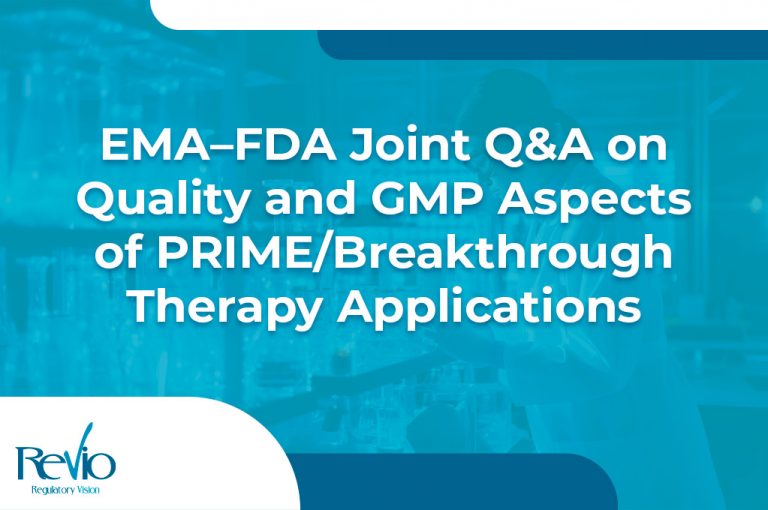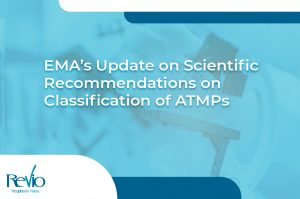Recently, the European Medicines Agency (EMA) has published its Human Medicines Highlights 2022 report, a report including figures on the authorisation of medicines and a selection of new treatments that represent significant progress in some areas of Advanced Therapies.
Once again, public health emergencies remained a key priority in 2022. The highlights document summarizes the most important recommendations on vaccines and treatment for COVID-19 and for monkeypox.
Authorisation of New Medicines
In 2022, EMA recommended 89 medicines for marketing authorisation, among all of these:
- 41 New active substances
- 21 Orphan medicines
- 9 Conditional marketing authorisations
- 8 Biosimilars
- 6 Advanced Therapy Medicinal Products
- 5 Accelerated assessments
- 5 Approvals under exceptional circumstances
EMA also issues three negative opinions, and a total of sixteen applications were withdrawn in the last year.
Important Contributions to Public Health
Authorisation of new medicines is essential to advancing public health as they bring new opportunities to treat certain diseases. Many of these most relevant contributions made in the past year are advanced therapies that represent significant progress in their therapeutic areas:
Cancer
- Carvykti, a cell therapy for the treatment of adults with relapsed and refractory multiple myeloma who have received at least three prior therapies and whose cancer has worsened since they received their last treatment.
- Ebvallo for the treatment of a blood cancer called Epstein-Barr virus positive post-transplant lymphoproliferative disease. Medicine intended for adults and children who develop this malignancy after receiving an organ- or a bone marrow-transplantation.
- Breyanzi a gene therapy for the treatment of adults with three subtypes of non-Hodgkin lymphoma (diffuse large B-cell lymphoma, primary mediastinal large B-cell lymphoma and follicular lymphoma grade 3B), whose cancer has come back or who have not responded to treatment after two or more lines of systemic therapy.
Haematology
- Hemgenix is the first gene therapy for the treatment of severe and moderate severe haemophilia B, an inherited disorder characterized by an increased bleeding tendency due to a partial or complete deficiency in the activity of factor IX.
- Roctavian a gene therapy for the treatment of severe haemophilia A in adults who do not have factor VII inhibitors (auto-antibodies which make factor VIII medicines less effective) and no antibodies to adeno-associated virus serotype (AAV5).
Nefrology
- Upstaza is the first treatment for adults and children with aromatic L amino acid decarboxylase (AADC) deficiency, an ultra-rare genetic disorder affecting the nervous system.
Approval of Advanced Therapies
Some of these therapies (Carvykti, Hemgenix, Roctavian) also received conditional marketing authorisations, one of the possibilities in the EU to give patients early access to new medicines. As these medicines address unmet medical needs, the conditional authorisation allows for early approval on the basis of less complete clinical data than normally required. These authorisations are subject to specific post-authorisation obligations to generate complete data on the medicines.
In the same way, other therapies (Ebvallo, Upstaza) were authorised under exceptional circumstances, a route that allows patients access to medicines that cannot be approved under a standard authorisation as comprehensive data cannot be obtained, wither because there are only very few patients with the disease, or the collection of complete information on the efficacy and safety of the medicine would be unethical, or there are gaps in the scientific knowledge. These medicines are subject to specific post-authorisation obligations and monitoring.
We can see a huge evolution on Advanced Therapies compared to 2021, when only 2 advanced therapies were approved (Abecma and Skysona). This also proves that the research and development of advanced therapies are on the rise, investment in gene and cell therapies is increasing and this is translating into breakthrough therapies for patients that sometimes had no other options.
We hope you found this information interesting and useful, for more information about the Human Medicines Highlights 2022 you can also check the official EMA’s report here.
You can follow us on LinkedIn to get the latest updates, guidance and development on the pharmaceutical regulatory environment. You can also get in contact with REVIO here!




